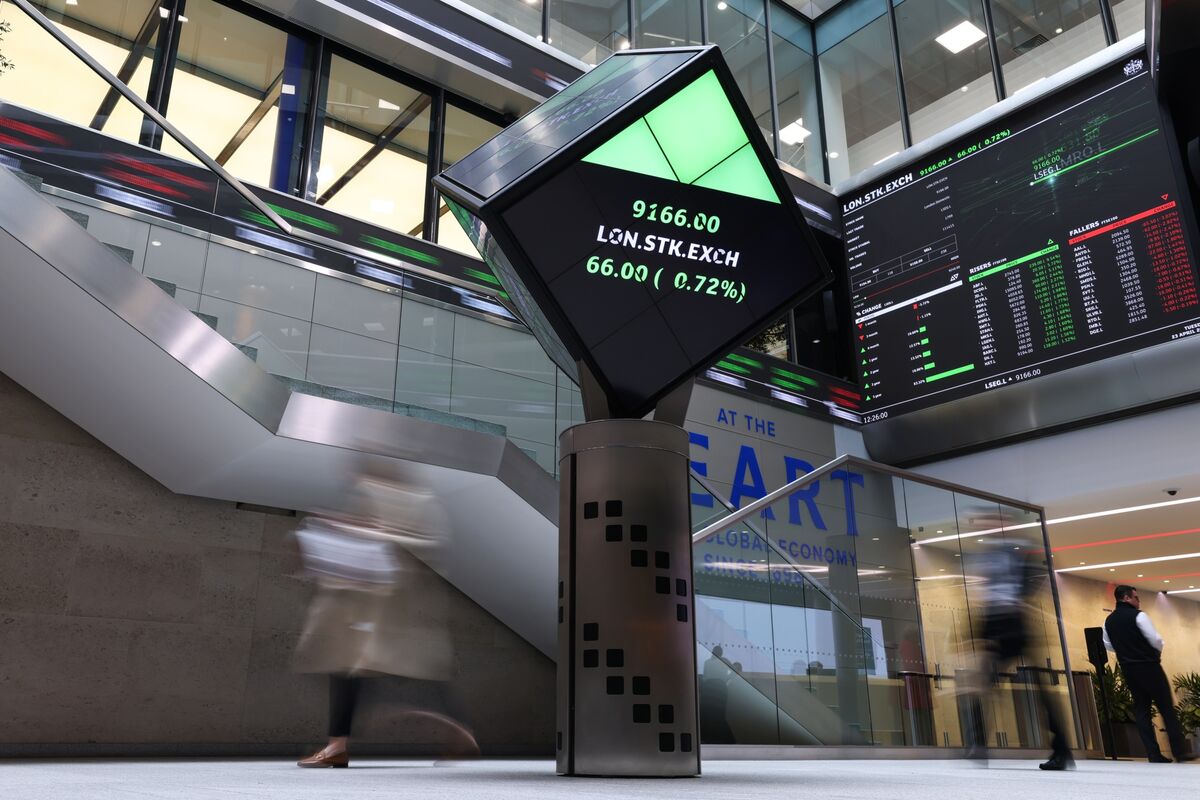Last year’s troubles with wemix — a digital coin issued by South Korean game developer Wemade — were a wake-up call for investors and regulators alike in a digital currency market that, though one of the world’s biggest, remains largely unregulated.
Wemade was one of the first major South Korean game companies to develop so-called “play-to-earn” video games, where gamers can accumulate cryptocurrency. Wemix tokens, used in the Mir 4 online game, quickly gained popularity among crypto investors.
But discontent rose sharply as Wemade expanded the distribution of wemix beyond the promised amount to fund the company’s business expansion.
“Violating its market disclosure was a serious matter as it could undermine the coin’s value and disrupt the market mechanism,” recalls Kim Ik-hyun, a partner at Yulchon, who is leading the South Korean law firm’s digital asset team.
Local cryptocurrency exchanges set up the Digital Asset Exchange Alliance (DAXA) to protect investors last June, after many were hit by the $40bn collapse in May of the terraUSD and luna coins developed by the disgraced South Korean crypto king Do Kwon.
As complaints against Wemix exploded, DAXA — composed of five main trading platforms Upbit, Bithumb, Coinone, Korbit and Gopax — decided to delist the coin in its first significant self-regulatory action, potentially setting a precedent for other exchanges in the US and Europe. But Wemade then filed an injunction against DAXA, claiming that the move was anti-competitive.
Yulchon, which represented Bithumb, won the dispute by arguing that the decision was made to protect investors, pointing to Wemade’s inaccurate disclosure about the token’s circulation amount.
“It was the first legal case in Korea against a major coin issuer sending out false information,” says Kim. “It was a watershed ruling showing that regulations for securities can apply to digital tokens as well.” Wemix was eventually reinstated by Coinone in February after Wemade took corrective action, including buying back and cancelling some tokens.
South Korea’s population has an outsized interest in crypto trading. The Korean won accounts for 13 per cent of global trading in bitcoin. But the country’s lack of control over crypto markets and the problems involving wemix have made regulators realise the pressing need for legal safeguards.
In another case that highlights concerns over the behaviour of crypto operators, Kang Jong-hyun, the de facto owner of Bithumb, has been charged with embezzlement, breach of trust and stock manipulation involving the exchange’s affiliates. Yulchon is not representing Kang and Kang’s lawyer has denied the charges in court.
Yulchon, the first major South Korean law firm to launch a digital assets team, in 2017, is helping DAXA to issue more detailed guidelines for the listing and delisting of such assets and advising the government to tighten oversight of the country’s exuberant crypto sector.
In February, the government announced its own guidance for security tokens — digital forms of stocks and bonds — in an attempt to improve confidence in the digital asset market.
However, several bills aimed at investor protection and transparent transactions of cryptocurrencies are still pending in parliament.
“Following the wemix delisting, token issuers are paying more attention to public disclosures and trying to follow DAXA guidelines,” says Kim.
“South Korea is becoming more proactive in creating the regulatory framework — but the bills should pass quickly to protect investors.”
South Korea tightens grip on digital asset trading



